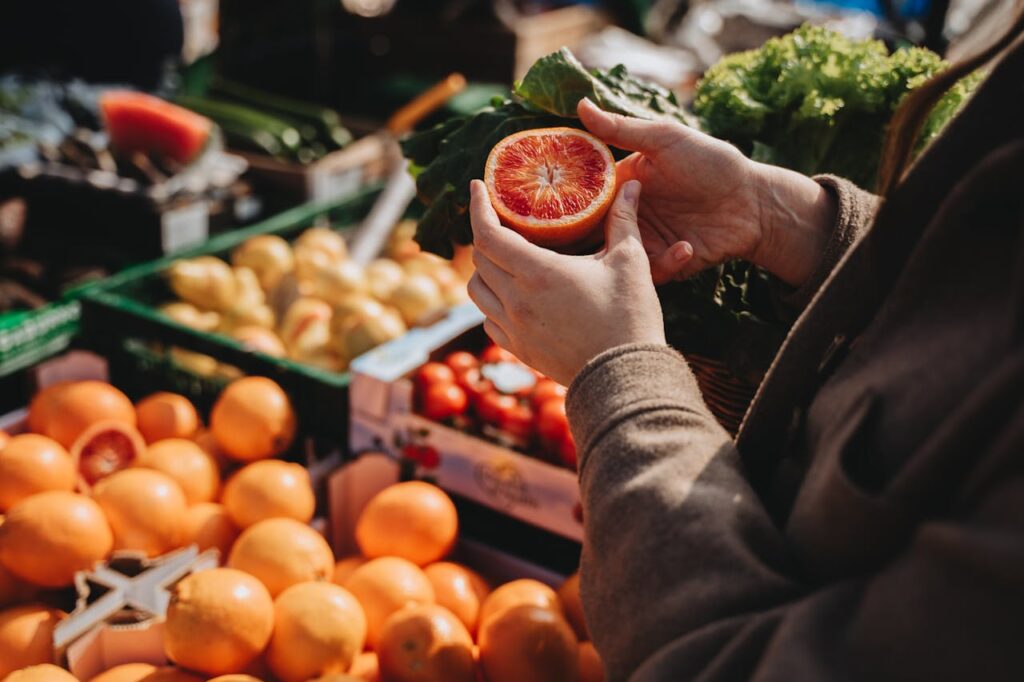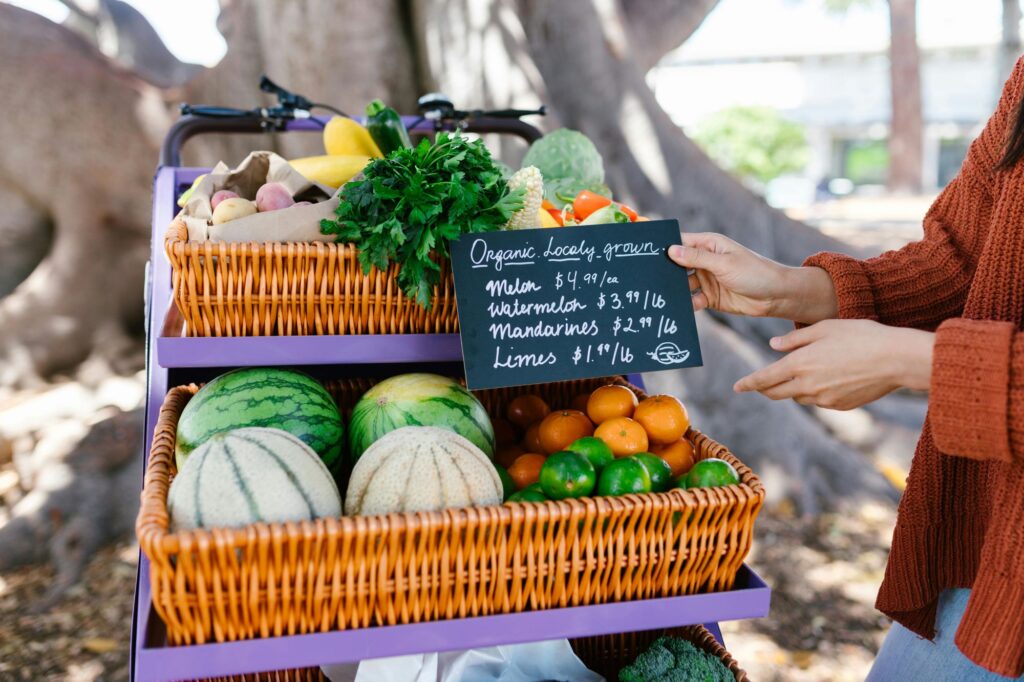When it comes to eating healthy, many people are exploring the benefits of buying organic. Organic foods are grown without harmful chemicals, making them better for your health and the environment. They also tend to taste fresher and more natural. By choosing organic, you’re not just supporting your well-being but also contributing to a cleaner planet. Let’s explore why buying organic is worth considering for you and your family.
Hidden Impact of Pesticides
Many years ago, before I understood how pesticides affect our food, I had an experience that changed my perspective. As a kid, I thought I was allergic to apples. Every time I ate one, even without the skin, I would get hives, and my mouth and lips would feel itchy.
One time, while hiking, I ate a non-organic apple that had been treated with pesticides. Not long after, I broke out in rashes, and my face swelled so badly it affected my eyesight. I managed to get down the mountain, but I had to rush to the hospital for treatment. It turned out that my reaction wasn’t due to the apple itself but to the pesticides it was treated with.
That experience stuck with me. It made me realize that the chemicals used on non-organic produce were causing my reactions. Since switching to a plant-based diet and focusing on organic produce, I’ve been able to enjoy fruits like apples without any issues. This taught me firsthand how harmful pesticides can be to our health.
Benefits of Buying Organic vs. Non-Organic
Choosing between organic and non-organic foods can feel overwhelming, but understanding the benefits of buying organic makes the decision easier. Let’s break it down into key categories to highlight the differences.

1. Health Benefits
Organic foods are grown without harmful pesticides, synthetic fertilizers, or GMOs, which means fewer toxins in your body. One of the key benefits of buying organic is better health and fewer risks.
Non-organic foods often contain pesticide residues that can trigger allergies, disrupt hormones, and lead to other health issues. In contrast, organic produce provides more vitamins, minerals, and antioxidants, offering a healthier and more nutritious option.
2. Environmental Impact
Organic farming is also better for the environment because it avoids synthetic chemicals, helping to keep the soil and waterways clean. One of the main benefits of buying organic is that it supports wildlife and healthy ecosystems, unlike non-organic farming, which can harm habitats.
Organic methods also focus on long-term soil health, making farming more sustainable for future generations. By choosing organic, you’re helping protect the planet for years to come.
3. Taste and Quality
One of the great benefits of buying organic is enjoying the natural flavor it provides. Farmers grow organic fruits and vegetables in nutrient-rich soil, making them fresher and tastier.
Producers avoid using synthetic chemicals or additives to preserve organic foods. This approach delivers a more natural and authentic taste. When you choose organic, you experience food the way it’s meant to be.
4. Supporting Local Farmers

One of the important benefits of buying organic is supporting ethical farming practices. Organic farms often use humane and sustainable methods. These practices create a better and safer working environment for farmers.
Buying organic also helps boost the local economy by supporting smaller farms that focus on quality rather than mass production. Choosing organic is a way to make a positive impact on farmers and communities.
5. Cost vs. Value
Although organic foods may cost more upfront, the long-term benefits make them a smart investment. Choosing organic helps protect your health, support the environment, and enjoy higher-quality food. While non-organic options might seem cheaper at first, the hidden costs to your health and the planet can outweigh the savings over time.
True Benefits of Buying Organic
Choosing organic is about making a better choice for yourself, your family, and the world around you. The benefits of buying organic go beyond just health—they support a cleaner environment and more sustainable farming practices. Every organic product you buy is a step toward positive change. It’s not just about what’s on your plate—it’s about creating a healthier and brighter future for everyone.
If you’re looking for simple ways to help the environment, be sure to check out my post on easy ways to go green for a better environment.














